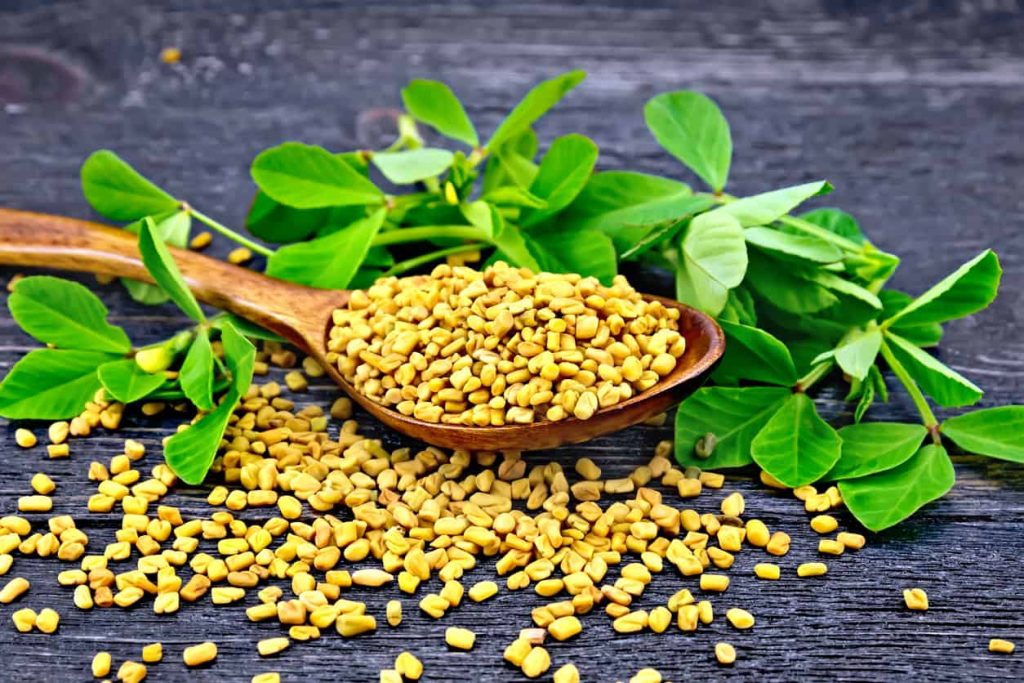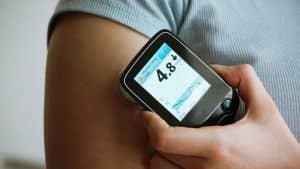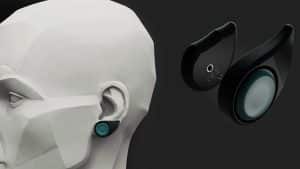Diabetes, folks, is so common today that if you aren’t at risk or living with it, you know someone who is. Back in the late 50s, the Centers for Disease Control and Prevention believed just under 1 percent of the people in the US had this condition. Flash forward to 2015, for example, and that percentage jumps to close to 7.5. It’s affecting our life expectancy, too, since diabetes is now among the ten main causes of death in the country, whether directly or as a contributing factor.
This condition is on the rise throughout the globe, including in India, where close to 9 percent of all adults are living with it. Also common in India is the herb fenugreek, and it’s this herb that researchers think may just have an impact on blood sugar levels.
In a study published in The International Quarterly Journal of Research in Ayurveda, researchers divided up 60 participants who had Type 2 diabetes for at least the past six months into two groups (https://www.ncbi.nlm.nih.gov/pmc/articles/PMC5954247/). All participants used insulin or oral hypoglycemic agents–oral medicines used to treat this type of diabetes–along with exercise and diet to help control their disease. Every day during the study, one group was given 10 grams of fenugreek seeds which had been in a hot water soak while the control group received nothing. Every month, all participants had their blood taken to test their fasting blood sugar and hemoglobin A1c levels.
The participants in the fenugreek-receiving group showed marked reductions in their test results for fasting blood sugar and hemoglobin A1c, but these effects were not seen immediately. The blood sugar began to go down in month five and the same happened with the hemoglobin A1c but not until month six. Researchers also found that larger doses of the seed had a greater impact on the blood sugar level reduction level.
Another study, which was published in the International Journal of Vitamin and Nutrition Research, researchers took a look at fenugreek seeds in two forms–mixed into yogurt or soaked in hot water–but used the same dose as the other study, 10 grams each day. Participants received one form or the other for the duration of the study. While those who had the powdered herb in their yogurt did not see any benefits, those who had the seeds soaked in water showed a 25 percent fasting blood sugar level reduction and a 30-percent reduction in triglycerides.
While more research is needed, it appears fenugreek may, in fact, be helpful in lowering blood sugar levels. If you decide to try this herb, be sure to consult with your doctor first and opt for the seeds-in-hot-water form.




